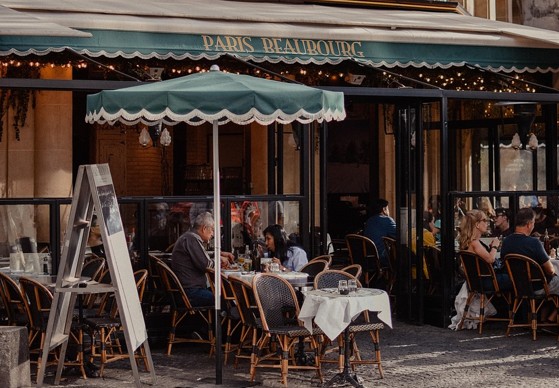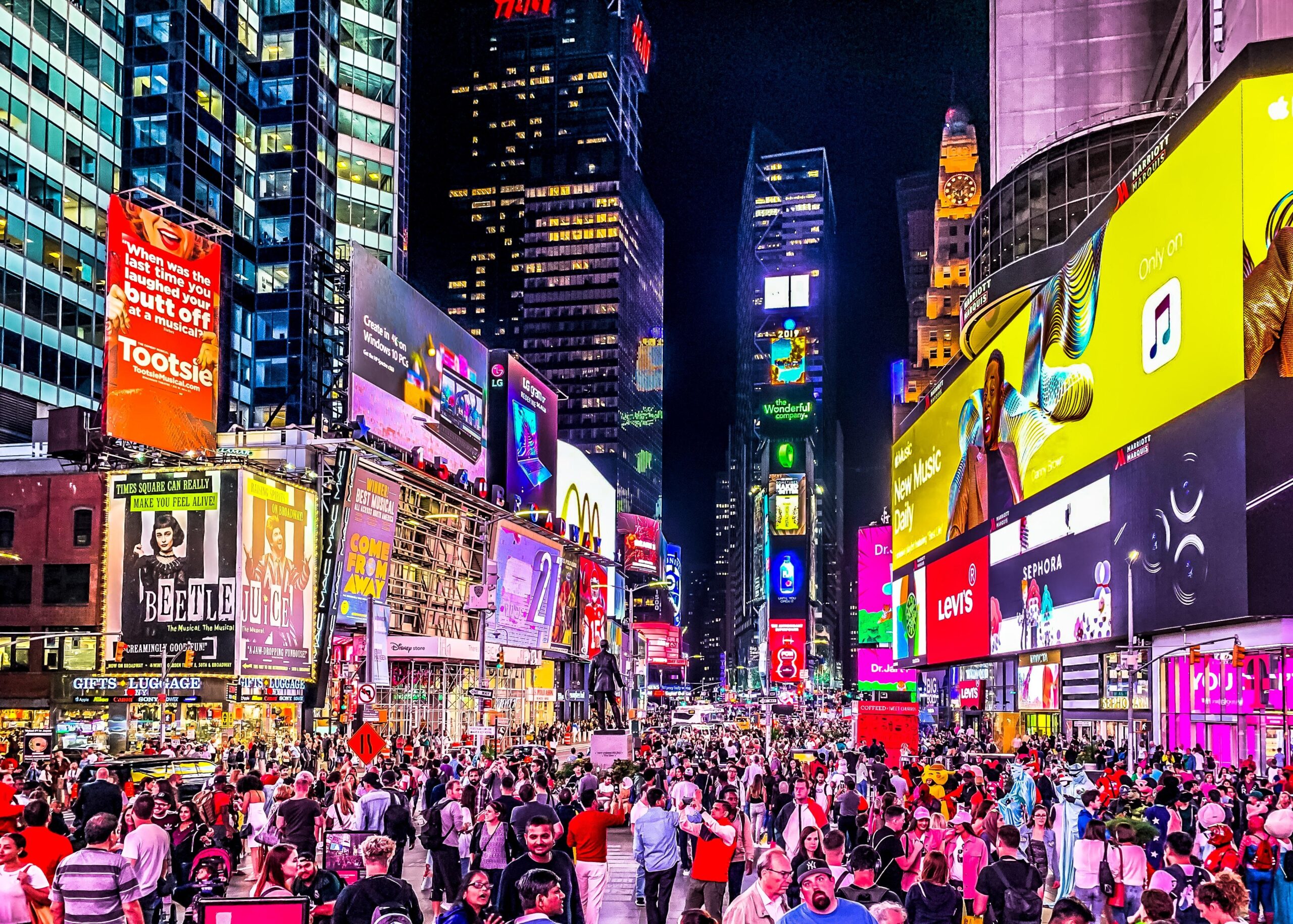
How Laptop-Free Zones Changed the Way I Travel — And Live

When my neighborhood café went laptop-free, it was as if my cat Zooey died. I didn’t know how to handle it. I considered the place my office and, over the years, I’ve done oceans of work there. I didn’t want to stop frequenting my favorite spot. The owner and staff are friends, they are local bands on Friday nights, monthly art exhibitions. And I don’t wanna give my business to the corporate café down the street — you know the one. So I zipped my computer in its case and hauled out my phone. Problem solved — right? Nope.
I simply couldn’t adjust to it. The feeling was…off. There was too much work for a tiny screen. So I set the phone aside and decided that once I’d finished my iced Americano, I’d go and really WFH. But for the moment, I’d simply sit and let my mind take me wherever it wanted to go.
Hear, Here…
The café was buzzing. The Espresso machine hissing. People were gossiping and planning stuff — and I started listening, letting the waves of conversation roll over me. An older man and woman were talking about the 1965 World’s Fair in Queens. Two guys were huddled over a sketchbook, discussing sneaker designs. A guy covered in tatts reading a picture book to his daughter as her mom graded exam papers. A feeling gradually came over me: This is my neighborhood. This is where I live. I laughed with delight at witnessing my world. A woman at the next table smiled. “You’re happy this morning. That’s a lovely thing.” We started chatting. Turns out she lives in a building around the corner from me.
I’d never have known that, never had that conversation, if I’d been fixated on a screen. I could see why the owners put the laptop ban in place. All of a sudden, we’re not strangers locked in our cyber-cells. We’re humans again.
Research backs this up: reducing screen time in social spaces increases the likelihood of spontaneous conversation and boosts our sense of community.
Here, Now…
When my new friend left, I spent another 45 minutes watching people coming in and out, listening to the café’s playlist. With every passing minute I felt…lighter. Brighter. Happier. A bit of research later informed that psychologists call this attention restoration, and it’s linked to improved mood and creativity.
Studies show constant digital multitasking increases stress hormone levels and weakens our ability to focus deeply. Unplugging, however, gives the prefrontal cortex — the part of the brain responsible for decision-making and attention — a chance to recover, resulting in better memory, more creative problem-solving, and greater emotional regulation.
A lovely paradox of sorts: being in the present helps us in the future.
Here, There and Everywhere
Over the next few weeks of traveling — work-related, but still traveling — I experimented, seeking out other cafes and public spaces with laptop-free policies. From Charleston to Portland, Maine, to New Orleans, I reveled in my time spent in those cities in a way I never had before. I was truly there. My experiences were richer, more insightful, and joyful. Stepping away from my devices is the best thing I could have done as a traveler..
If you’re heading out on the road soon, give these suggestions a try:
- Pick one café, bar, or park bench a day where you don’t bring your laptop
- Put your phone away, even if you’re uncomfortable at first
- Notice who’s around, what they’re doing, what you might learn
No travel plans for the near future? Give these things a try wherever you happen to be. Device-free experiences made me aware of technology’s true place in my life and of the pros and cons of its ubiquity.
Wanna hear more? I’m the one in the dark sweater at the corner table with the iced Americano…and no computer.



